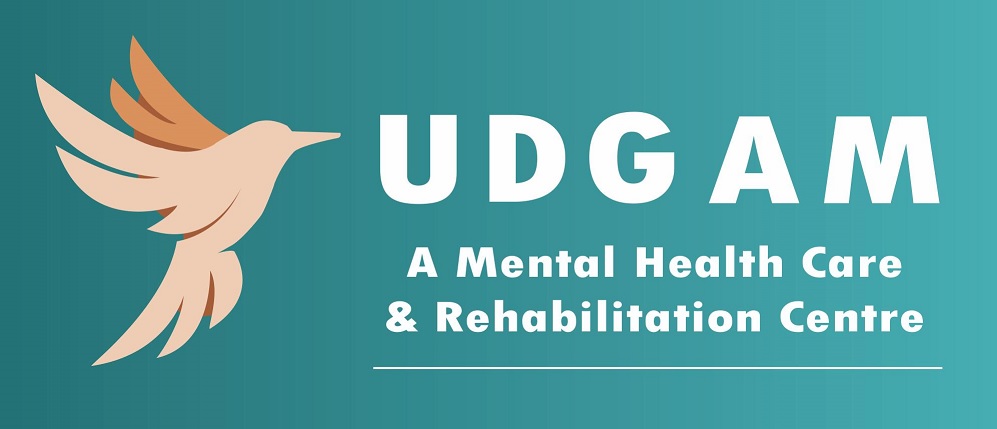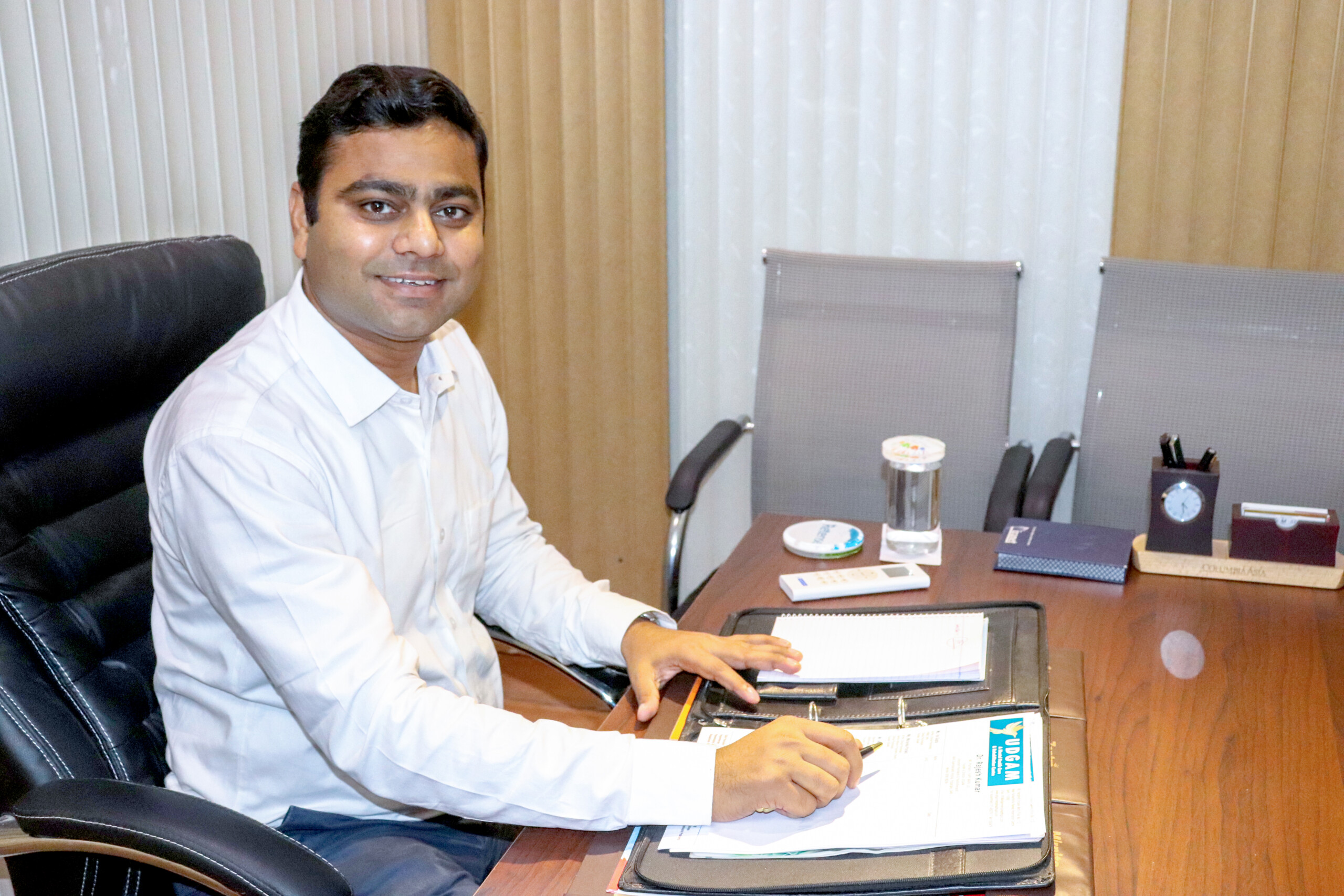Tips for Parents with Specially-abled Children Going to School
One of the oldest and most important man-made institutions is a school. We rely on it for our future, sending kids there at an early age to learn general and specific traits, for their growth and vocation.

But these days sending them to school also adds to their social development. In school, we find a routine, skills, peers and more. It is an experience one needs to have in our current generation. So is that not an added need that parents have to provide?
Education is the backbone of society, and to fit in it you have to present adequate standards of knowledge and skills. School is one way to get that knowledge.
This ideal creates pressure on parents, especially on the parents of children with special needs. Children with special needs, require assistance and extra provisions. While in India with rising awareness education boards have been given certain privileges, it is yet not used in the way they should be.
Some people misuse it for their benefit, and others don't recognize its benefit. Either way, the execution of certain policies is not going well.
So what can a parent do in this case?
Stay informed: read, explore, and ask about any and all sorts of help you can give your child. be informed on what is going on lately in the education and vocation section, that your child may be able to use for their benefit.
Have an IEP team: IEP stands for individualised education plan, which supports your child's development in all spheres, this help goes beyond basic schooling. An IEP team involves you (the parent), a school counsellor, a psychologist, a special educator and an occupational/speech therapist (if needed). This team will sit down and assess the child's strengths and weaknesses, and plan out a way for a syllabus and routine that optimises the strengths of the child and aid the weak areas.
Attend meetings with teachers: the weekly or monthly meetings, set up by the school are important, attend those to stay informed of your child’s progress. You can chart a progress report on your own, with inputs from both teachers and family. These small jobs will enable us to know the pattern of learning the child is following. Some children do not learn consistently, they show boredom for some time or an intense focus at a different period.
Have a support group: it is hard to feel understood and supported when you are one of the few in this situation. The best thing to do is to get in touch with parents with similar struggles and have some support from them. You can share knowledge, difficulty, grief or happy moments with them.
Have a progress diary: maintain a record of your thoughts, insights, behaviours and emotions that you felt in a day. This will help you manage your time and health to give your child enough time and support for the same.
Maintain a routine: have a fixed routine, where most of the activities are planned, and discuss these activities with the child in advance. This will help them assimilate better in daily life. As the child grows, let them plan a schedule as well, to teach them time management.
In kindergarten, it is required that a child must be toilet trained, recognize people, know his own name, respond to instructions and have a basic vocabulary.
There are many ways you can help your toddler to successfully start a play school or a regular school. Some of them are
- Having daily discussions about going to school
- Giving them positive feedback when they talk about going to school
- Working with them to form a new routine
- Meeting the new teacher beforehand, making them aware of the child’s difficulties, and introducing them to the child.
- Visit the new school a few times, and play with kids and teachers in recess.
- Have your child tour the school, to help them assimilate emotionally to the new place.
- Create small groups of new students, to help your child and yourself, having a space to socialise.
Going to school is a big deal for a child and their parents. And as a parent of a child with special needs, this step needs prior work. A Pre Prep Preparation, which helps to plan for your child’s successful stay at a play school or a regular school. To make this experience good, the first thing we need to do is to be clear about our child’s strengths and weaknesses, whether they have a disability or any assistive technology they might need. Have an IEP team monitoring your child’s growth, in terms of cognitive vigilance, physical motor activities, and academic and behavioural dimensions. At Udgam we help enable parents to easily transition to school. Our parenting classes focus on your specific needs and individually tailor each session to benefit you and your child. To learn more stay tuned to our website, or book a session with us today!
Anuja Sathe
Counselling Psychologist



